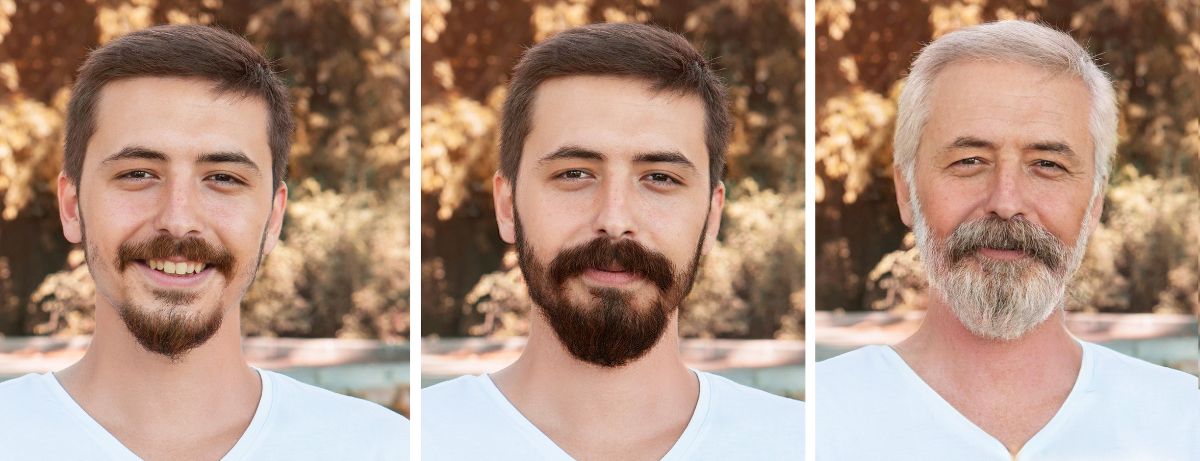5 Ways Your Nutritional Needs Change as You Age (And What You Can Do About It)

As you age, your nutritional needs change in several ways. The top five are:
- Decreased energy requirements: Older adults generally require fewer calories as their metabolism slows down and they become less active.
- Increased nutrient needs: The body’s ability to absorb certain nutrients, such as Vitamin B12, decreases with age, so older adults may need to consume more of these nutrients through diet or supplements.
- Increased fluid needs: Older adults may need to drink more fluids as their sense of thirst decreases and their bodies become less efficient at retaining water.
- Increased protein needs: Older adults may need more protein to maintain muscle mass and support overall health.
- Increased calcium and Vitamin D needs: Older adults are at increased risk for osteoporosis and may need more calcium and Vitamin D to maintain strong bones.
It’s important for older adults to maintain a balanced and nutritious diet to support overall health and well-being. It’s a good idea to talk to your primary care physician or nurse practitioner to determine your individualized nutritional needs based on age, health status and other factors.
Why do I need to increase my nutrients as I get older?
Older adults may need more protein to maintain muscle mass, more calcium and Vitamin D to support bone health and more Vitamin B12, as the body’s ability to absorb this nutrient decreases with age. Additionally, older adults may need to drink more fluids as their sense of thirst decreases and their bodies become less efficient at retaining water.
Do I need to consume less calories as I age? Why?
Yes. Generally, the older you get the fewer calories you need compared to younger adults because we tend to be less active and have a slower metabolism as we age. As we age, muscle mass decreases and metabolism slows down, which means you need fewer calories to maintain your weight.
Additionally, older adults may have a decreased appetite and may not eat as much as they used to. This, combined with the decreased energy needs, means that older adults generally need fewer calories.
Does my need for protein increase as I get older?
Muscle loss, known as sarcopenia, can begin as early as age 40 and accelerate in the later years of life. This loss of muscle mass can impact overall health, making it harder to perform daily tasks and increasing the risk of falls and fractures.
To help counteract this muscle loss and maintain muscle mass, older adults may need to increase their protein intake. The recommended daily amount of protein for older adults is typically higher compared to younger adults, ranging from 1.0 to 1.2 grams of protein per kilogram of body weight.
Why do I need more calcium and vitamin D as I get older?
Osteoporosis is a condition in which bones become weaker and more likely to break, and older adults are at increased risk because of the natural decline in bone density that occurs with age.
Calcium and Vitamin D are essential for maintaining strong bones, and adequate levels of these nutrients can help reduce the risk of osteoporosis and fractures. The recommended daily amount of calcium for older adults is typically higher compared to younger adults, ranging from 1200 to 1500 milligrams per day. Vitamin D is also important for calcium absorption, and older adults may need more Vitamin D to support their bones. The recommended daily amount of Vitamin D for older adults is typically 800 to 1000 international units (IU) per day.
Do my fluid needs increase as I age?
As you age, your body’s ability to sense thirst decreases, which means that you may not feel as thirsty even when you are dehydrated. Additionally, older adults tend to have a decreased ability to retain fluid, which means that they may need to drink more fluids to stay hydrated.
Things to consider
Not everyone has the same nutritional needs after the age of 50. A person who has diabetes may have to monitor carbohydrates first and calories second. A person with high blood pressure may need to watch his or her sodium levels more than other nutrients. Follow your doctor’s advice for nutrition and work together to find a healthy eating plan that works for you.
MEDICAL DISCLAIMER: The content of this Website or Blog is not intended to be a substitute for professional medical advice, diagnosis, or treatment. Always seek the advice of your physician or other qualified health provider with any questions you may have regarding a medical condition. Never disregard professional medical advice or delay in seeking it because of something you have read on this Website or Blog.
If you think you may have a medical emergency, call 911 immediately, call your doctor, or go to the emergency room/urgent care.
